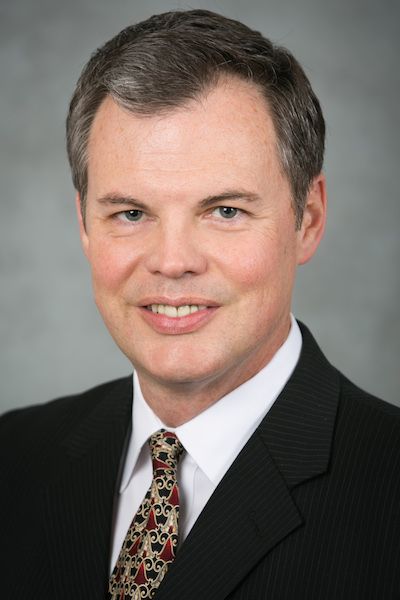 Guest Post by Dr. Vernon Smith
Guest Post by Dr. Vernon Smith
Provost
Something about a challenge motivates us. Whether it’s the first transatlantic flight, landing on the moon, or taking on one of numerous YouTube challenges going viral on smartphones everywhere, there is something about challenges that creates energy, creativity, and innovation. Even the U.S. government has harnessed the power of challenges, from using RFID to locate items on the International Space Station, launching payloads into space within a matter of days, or helping to prevent opioid misuse in expectant and new mothers. Challenges with cash prizes are available from various agencies on Challenge.gov, which reports awarding over $250 million in prizes to creative individuals, small business owners, and academic researchers.
One of the wonderful aspects of the challenge process is that you don’t have to do the challenge to participate; you can learn from the process itself and even assist in judging entries for which you have expertise and interest. However, if you have a unique approach or an innovative idea, you can join the students, entrepreneurs, technology-inclined, and academic researchers in the challenge to be the first and best.
Drawing inspiration from both Challenge.gov and previous APUS Provost’s Challenges, I extended a formal invitation earlier this year to our faculty and staff. The challenge was to enhance student engagement and the student experience within the classroom by conceiving the next evolution of weekly forum posts. APUS uses weekly forum engagements to assure substantive and meaningful interactions between faculty and students — one aspect of elevating our courses to be optimally rigorous and relevant. The challenge requirements included needing a foundation in sound pedagogical practice, being accessible to all students, and increasing interaction between students, students and course content, and students with their instructor.
In total, 17 teams collectively composed of 37 colleagues submitted proposals. The 14 proposals accepted then advanced to a prototyping phase where the teams developed a working version of their solutions and presented their work to university leaders, including school deans and key staff. After the first round of evaluation, five teams advanced to the final round of presentations that were evaluated by a distinguished panel of judges, including Dr. Wally Boston, Chief of Staff Dr. Gwen Hall, and Chief Technology Officer Patrik Dyberg, among others.
Noteworthy forum-related topics included the following:
- Hackathons: A social learning space that involves teams of students working on a specific real-world problem and developing a unique solution to that problem, allowing interdisciplinary collaboration and active learning opportunities.
- Forum Relays, including Take-a-Poll posts, Video Wikis, Killer Calculations (find what’s missing), Excel Exploration, and many others. Each idea came with a library of tools needed to implement that type of relay as the weekly engagement opportunity.
- Literature Circles: Small groups of students who gather to discuss a text (or texts) in an in-depth manner through specific pathways based upon their assigned roles of discussion. With defined roles, forums become more purposeful and structured, yet provide for flexibility, creativity, and change.
The overall winning solution was presented by the team led by faculty member Natascha Gast, who brought a social-media like interface to forums. She adapted Padlet, a web-based application that creates an online “bulletin board” to which anyone with the link to a “wall” can add text, images, files, audio, video, links, and more by simply double-clicking anywhere on the page. She had great responses from students in the weekly forums and saw more peer interactions. She will continue a wider pilot as part of an implementation strategy as we explore how to expand the innovation for early-adopter faculty members.
Congratulations to all of our finalists for their professionalism, innovation and collective commitment to ensure that our students and graduates have the best possible learning experience and outcome. We learned a lot from the 2018 Provost’s Innovation Challenge and look forward to another successful competition in 2019.











